




During a family’s time of sorrow, we want to reflect on the lives of those who have recently passed. The Gazette offers this special quarterly feature to commemorate and honor those we have lost.
This edition provides a listing of obituaries and memorials placed in The Gazette October 1 – December 31, 2024.

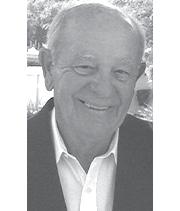
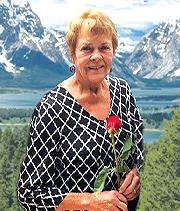




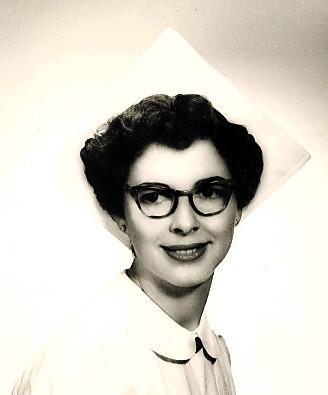
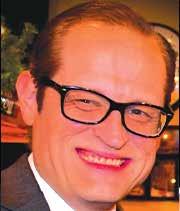




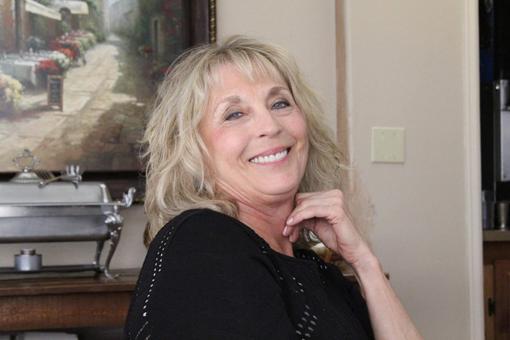


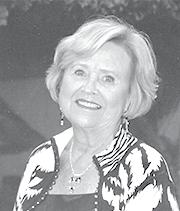
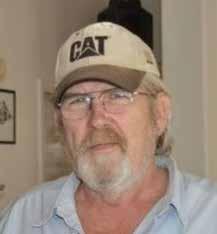

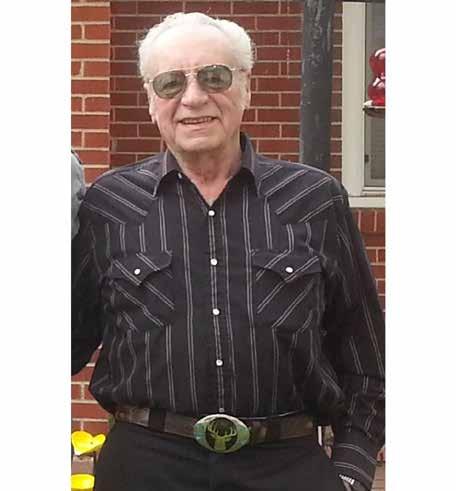


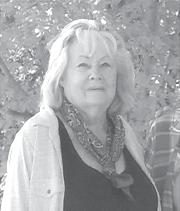


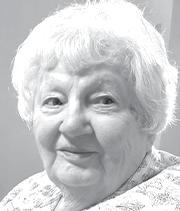


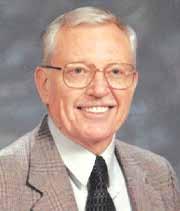
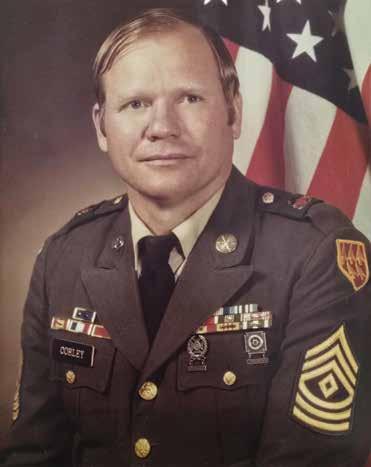
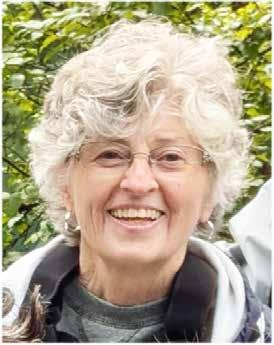


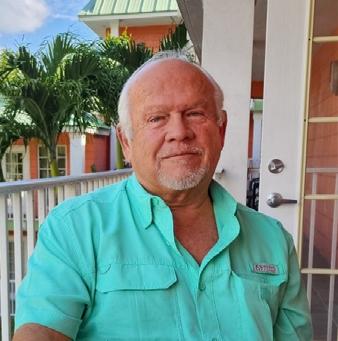
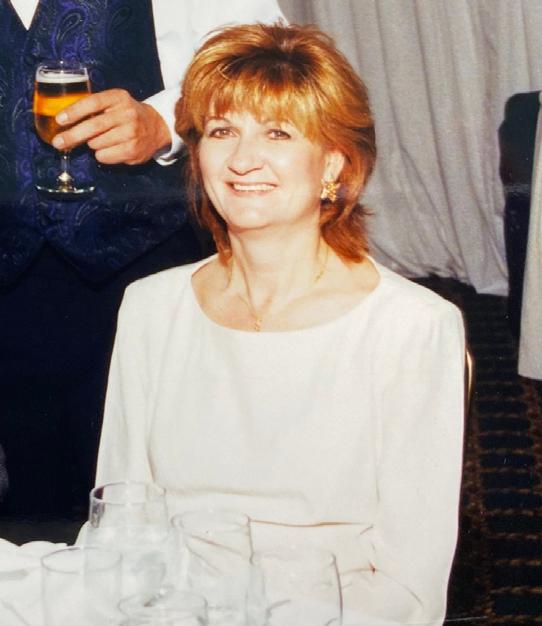
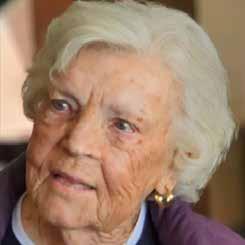
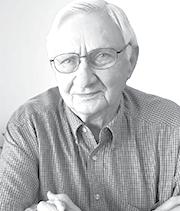
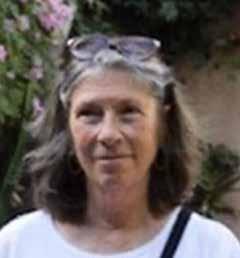
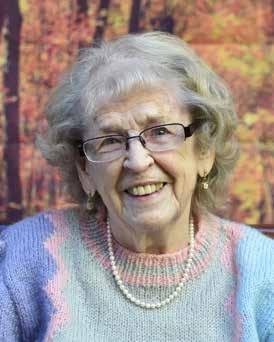
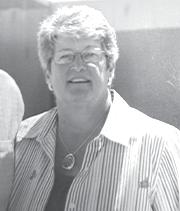
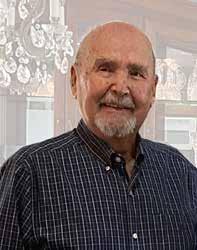
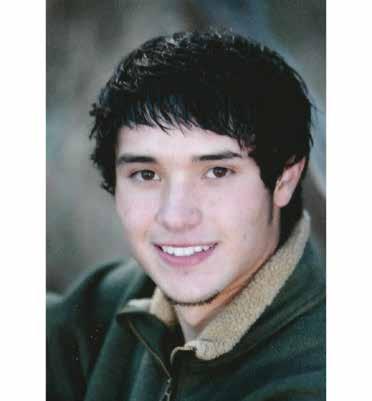


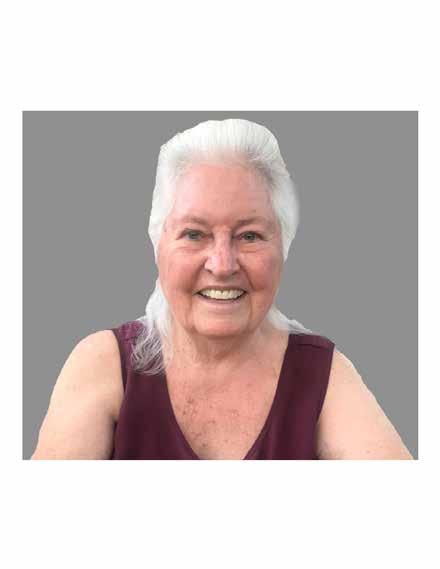
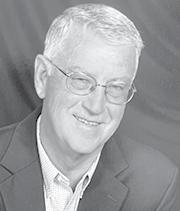





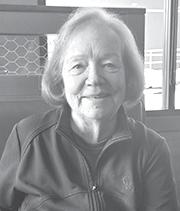

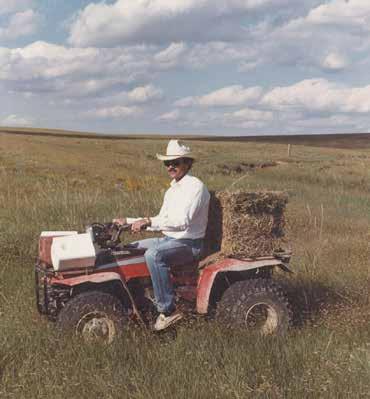

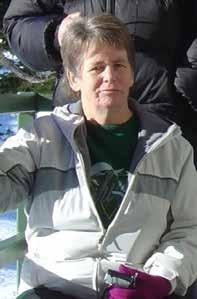




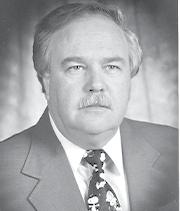



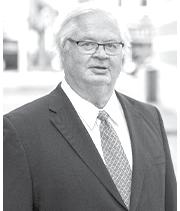
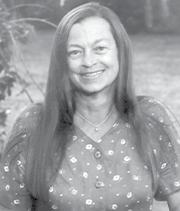
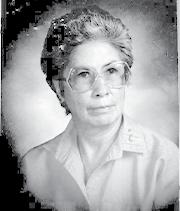



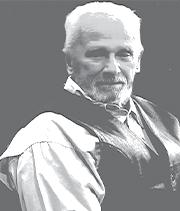



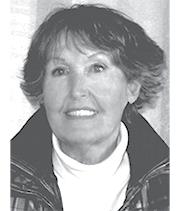





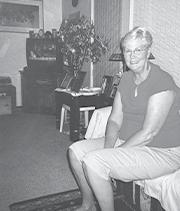

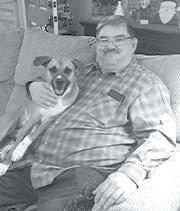
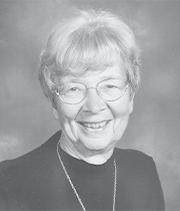

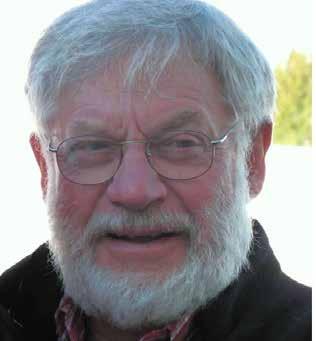
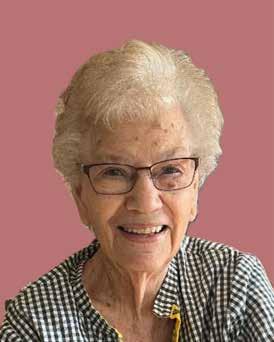
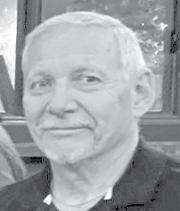

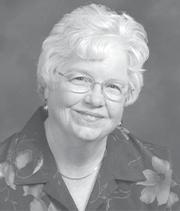
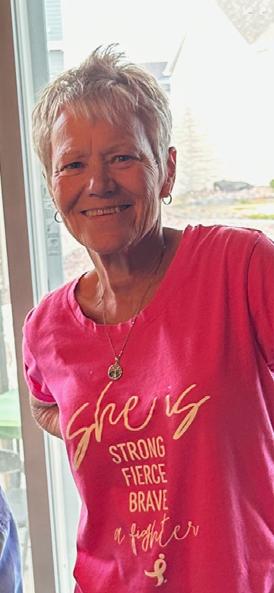
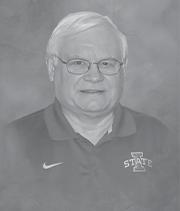
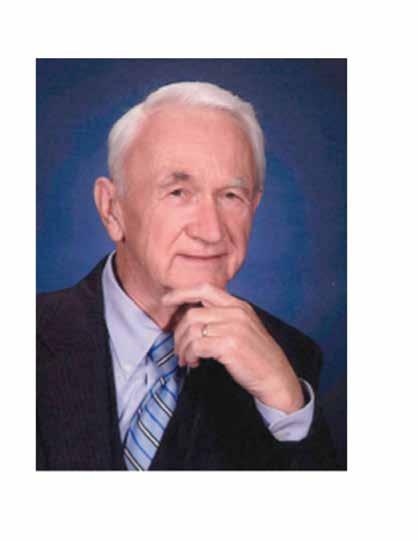
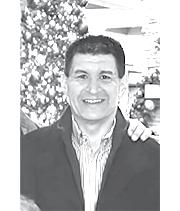










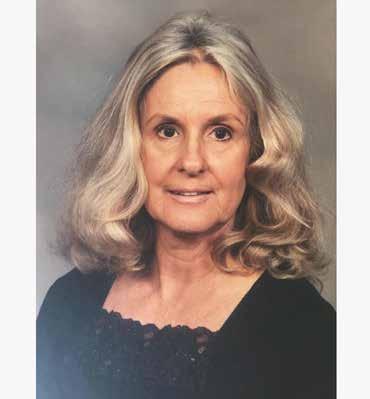



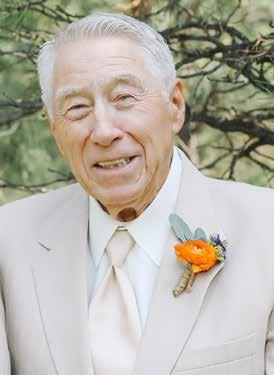
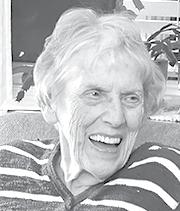
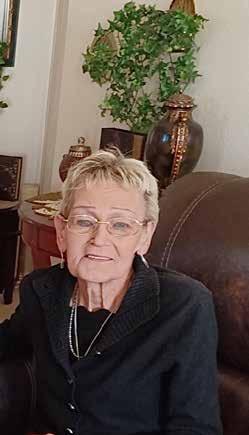

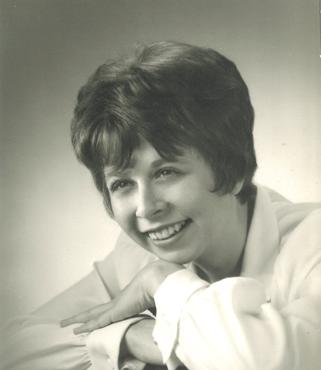
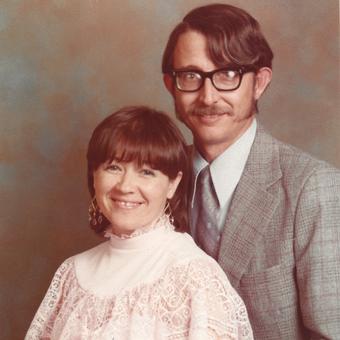
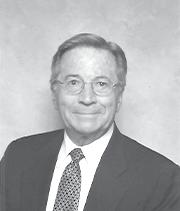


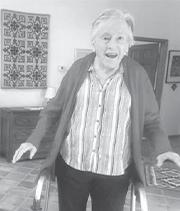
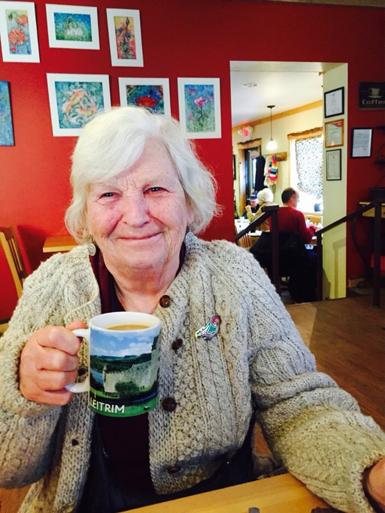

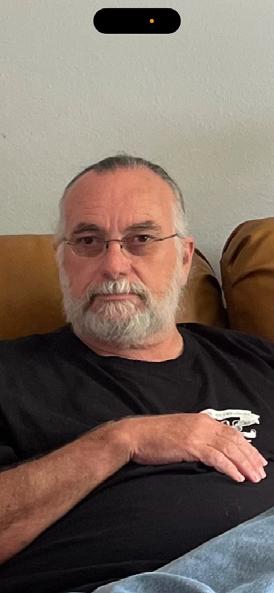
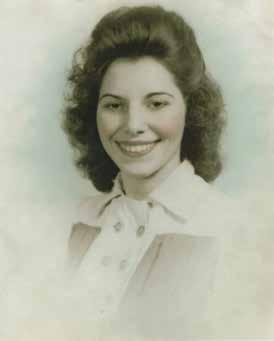

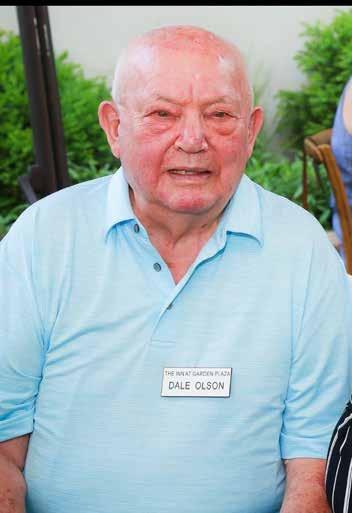
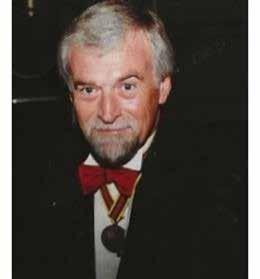


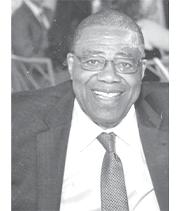
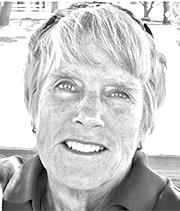
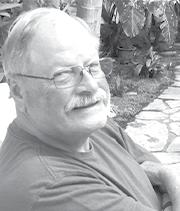
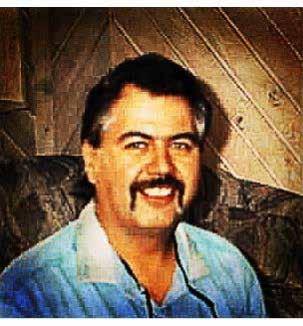
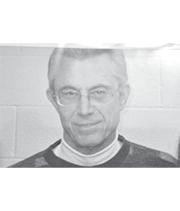

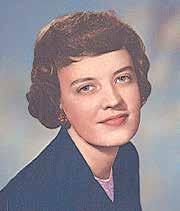
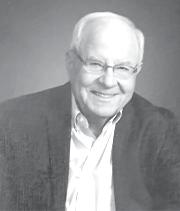
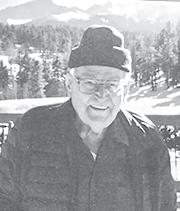
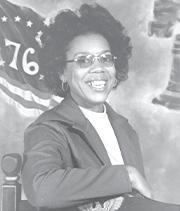

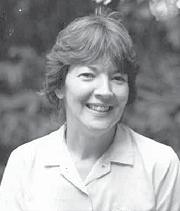

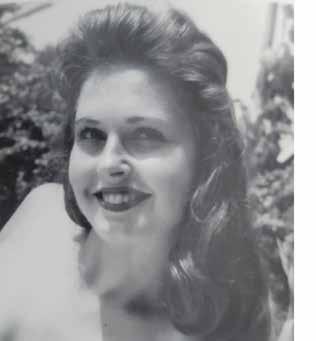




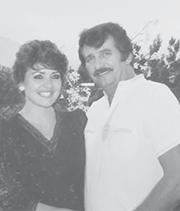


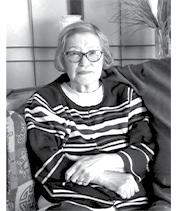
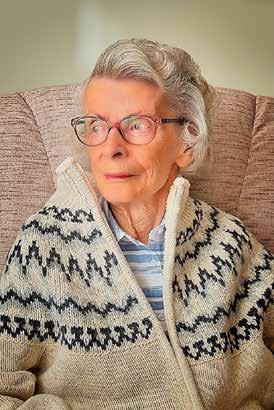
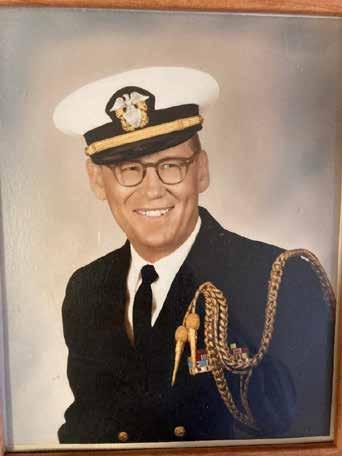


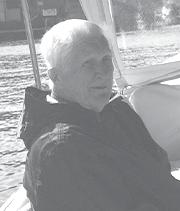
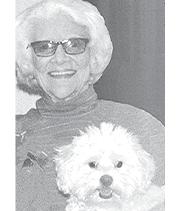

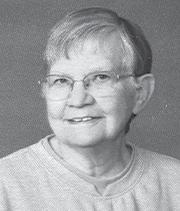
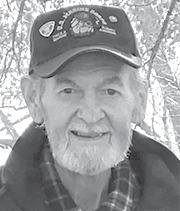

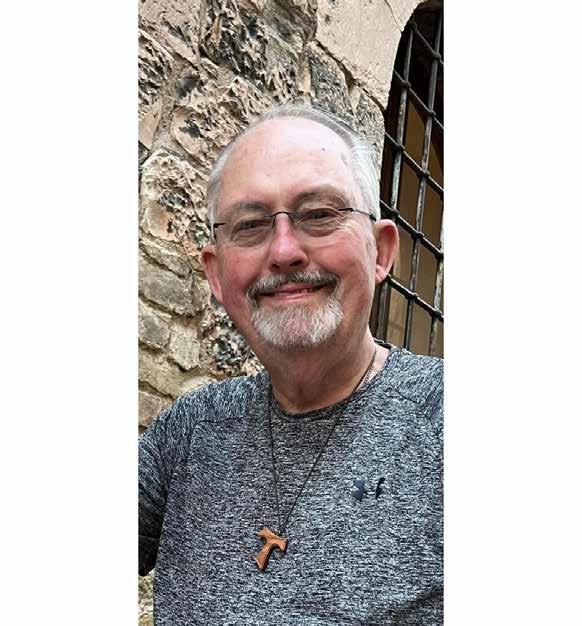

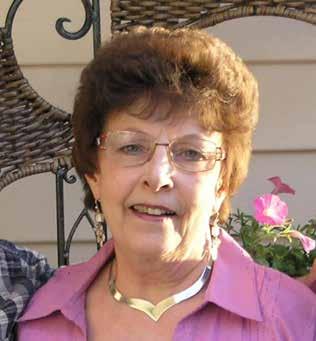

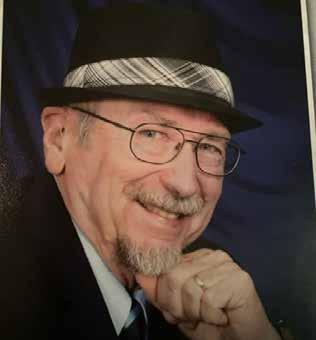


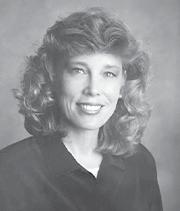

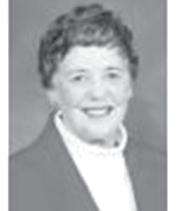







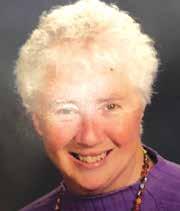

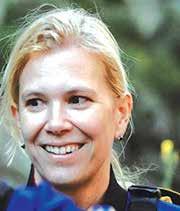


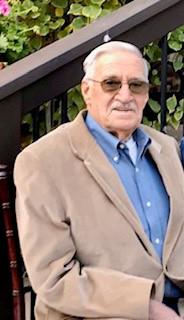

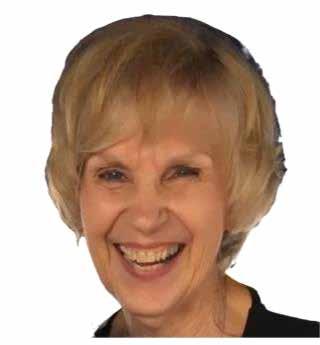
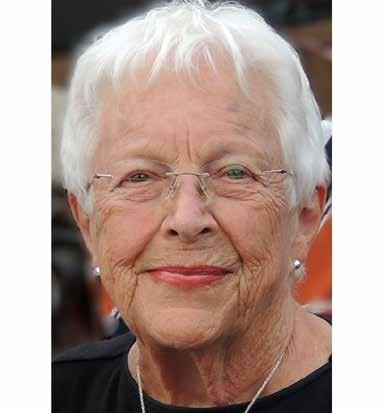


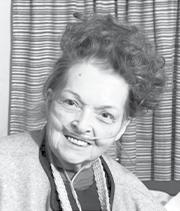



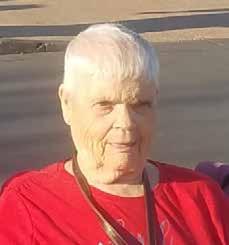

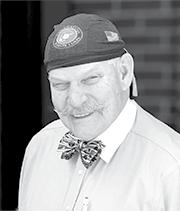

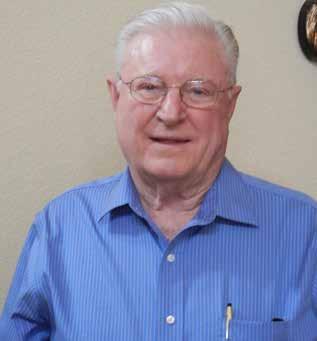

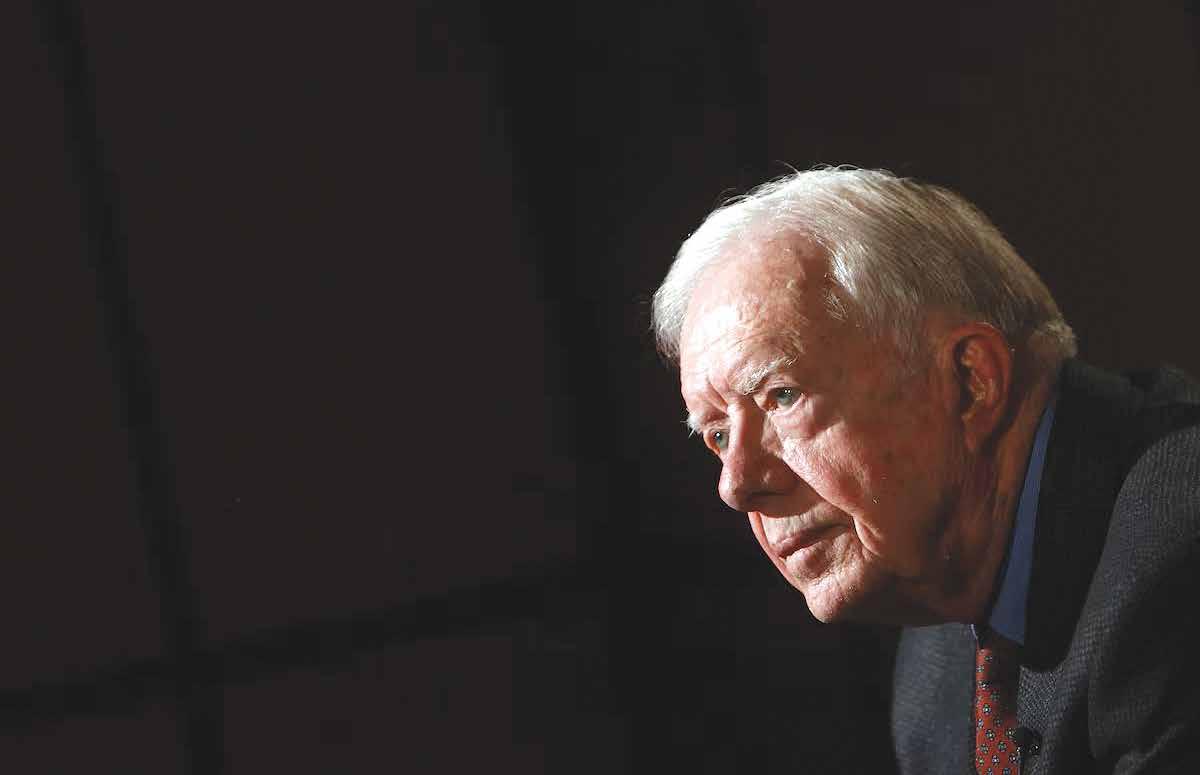
BY SHELIA POOLE AND ARIEL HART, TRIBUNE NEWS SERVICE
Hospice advocates said the end-oflife journey of former President Jimmy Carter was a “powerful” message to terminally ill patients and their families about the benefits of hospice care. Carter, the nation’s 39th president, died Sunday, December 29, 2024 at his home in Plains after being in home hospice care for 22 months.
“It’s pretty remarkable that he got to celebrate his 100th birthday, he got to vote and, as I understand, it was important to him that he was able to do these things with the support of hospice,” said Dr. Vicki Jackson, president of the board of the American Academy of Hospice and Palliative Medicine. “It was powerful.”
A day after Carter’s death was announced, Jackson said it was helpful to have someone as notable as a former president to be open about his hospice care during the later stages of his life. During his almost two years of home hospice care, Carter helped raise awareness about the service, which focuses on comfort of the patient and support for both the patient and the family. Hospice is a program designed to provide compassionate care, pain management and emotional and spiritual support to the terminally ill. Under hospice care — whether at home or in a hospice facility — the focus shifts from trying to cure an illness to providing comfort for the patient and support for the family.
Carter even had a hand in creating hospice care programs nationwide.
While he was in office in 1978, a study concluded hospice was a “viable” idea, and in 1979 his administration launched a pilot project to fund hospice care in 16 states, according to the National Alliance for Care at Home. Forty-five years later, hospice is a nationally known program governed under the Centers for Medicare and Medicaid Services, and a program that ended up benefiting Carter himself. His stay in hospice was longer than most. Just 10% of people on Medicare who died while under hospice care had length of stays of 275 days or longer in 2022, according to MedPAC, an independent congressional agency that
advises the U.S. Congress on issues affecting the Medicare program.
The nation’s largest hospice company, Gentiva, is headquartered in Atlanta.
Officials there said Carter’s decision to stay in hospice as he aged and his willingness to share that decision publicly had done an enormous amount to dispel misconceptions about hospice. Many patients or families fear hospice as a harbinger of the end, rather than something that will help patients live better. They are often relieved and grateful when they see what the benefit really is, said Jacqueline Lopez-Devine, Gentiva’s chief clinical officer.
“By far one of the greatest comments that I hear all the time is, ‘We waited too
long,’” Lopez-Divine said. “We’re very, very grateful that (Carter) and his family were so open with this.”
Gentiva spokesperson Megan Friedman said that when Carter announced he was choosing hospice, “within hours, people were literally writing tributes to President Carter as though he were going to die immediately,” which fits a widespread misconception.
“I think that’s one of the great myths that his choosing hospice has helped to dispel, is that it’s not just for the last few days or hours,” Friedman said. “It’s a benefit that people can elect when they have a life expectancy … it’s not just at the very last minute of your life.”
The family announced in February 2023 that Carter entered home hospice care. Nine months later, his constant companion and wife of 77 years, Rosalynn Carter, a champion of mental health and caregiving, entered home hospice care. She died on Nov. 19, 2023.
Jimmy Carter’s longevity while under hospice care defied the odds, but didn’t surprise those who knew his grit.
“This (Carter’s experience) has taught me a whole lot,” the Rev. Tony Lowden, Carter’s personal pastor, said in an interview last fall. “It’s all up to the human spirit and their will. He still believes he has a lot to give to this nation.”
Before Carter’s death, Amy Tucci, president of the Hospice Foundation of America, praised the Carters’ openness in sharing their moves into hospice care. “This provides the opportunity for people to learn that hospice care is not about dying, once you get in. It is about helping you live life to the fullest and that’s clearly been demonstrated by former President Jimmy Carter.”
When is it time for hospice care?
According to the Hospice Foundation of America, people consider hospice when treatments aimed at curing an illness or disease are no longer effective or a patient wants to discontinue treatment. They may also turn to hospice when the focus on comfort and quality of life is the main goal.
For a patient to qualify for hospice care, doctors must certify that the patient is terminally ill and is expected to live six months or less if the condition or disease runs its expected course. If the patient lives longer or if their condition improves, they must be recertified. Even for the physician, however, it’s hard to know exactly how long someone is going to live.
There are many variables that can influence someone’s experience in hospice care, experts say. They include the diagnosis, at what stage a patient enters hospice care, and intangibles like their spirituality and will.
Disease and certain conditions may not always run their usual course and
patients may live longer than initially expected, said Dr. Tammie E. Quest, director for Emory University’s Palliative Care Center and a professor at Emory University’s School of Medicine.
“The idea is that when you get hospice care it’s to get pain and symptom management and the caregiver support that is needed to care for someone,” she said. “Anybody who gets good physical, spiritual, psychological and social support is likely to live longer.”
Some people fear hospice because they think it’s an immediate death sentence, but that’s not always the case, said Dr. Folashade Omole, the chair of the Department of Family Medicine at the Morehouse School of Medicine.
“I’ve seen people in home hospice care who tend to feel better among family and friends,” said Omole. “Family is there, including pets, they have music and they’re in their own environment. You can see the love around you.”
Quest added, ‘’What people often don’t realize is that when someone only lives a few days after hospice referral, they were dying when the hospice agency arrived. It wasn’t the fact that they were receiving hospice care was causal to death, it was their disease process that was taking them.”
According to the National Hospice and Palliative Care Organization, an estimated 1.72 million people in the U.S. are receiving hospice care. Those age 85 and over most commonly receive hospice care, making up 62% of hospice patients. According to a report released in 2024 by the hospice organization, the most common diagnoses for those who receive hospice care are Alzheimer’s disease or nervous system disorders and cancer.
Today, roughly half of all Medicare beneficiaries who die each year, die in the care of a hospice provider. The amount of time that they receive hospice care, however, varies widely. Some people may receive hospice care for a day or two; some — like Carter — may receive care for more than a year.
When Carter passed the six-month mark in hospice in August 2023, hospice officials held an event in New York’s Times Square to honor him.
“The Carters’ service to humanity has served as a wonderful example to all of us. He has shown us how to be deeply human. President Carter and his family are doing that again now for his end-oflife journey,” Ben Marcantonio, CEO of the organization which is now called the National Alliance for Care at Home, said at the event.
“I hope we will all take a cue from President Carter and be more willing than ever to have courageous conversations with our doctors and loved ones that help people think about how they want to experience their own hospice journey when it’s their time.” ❦
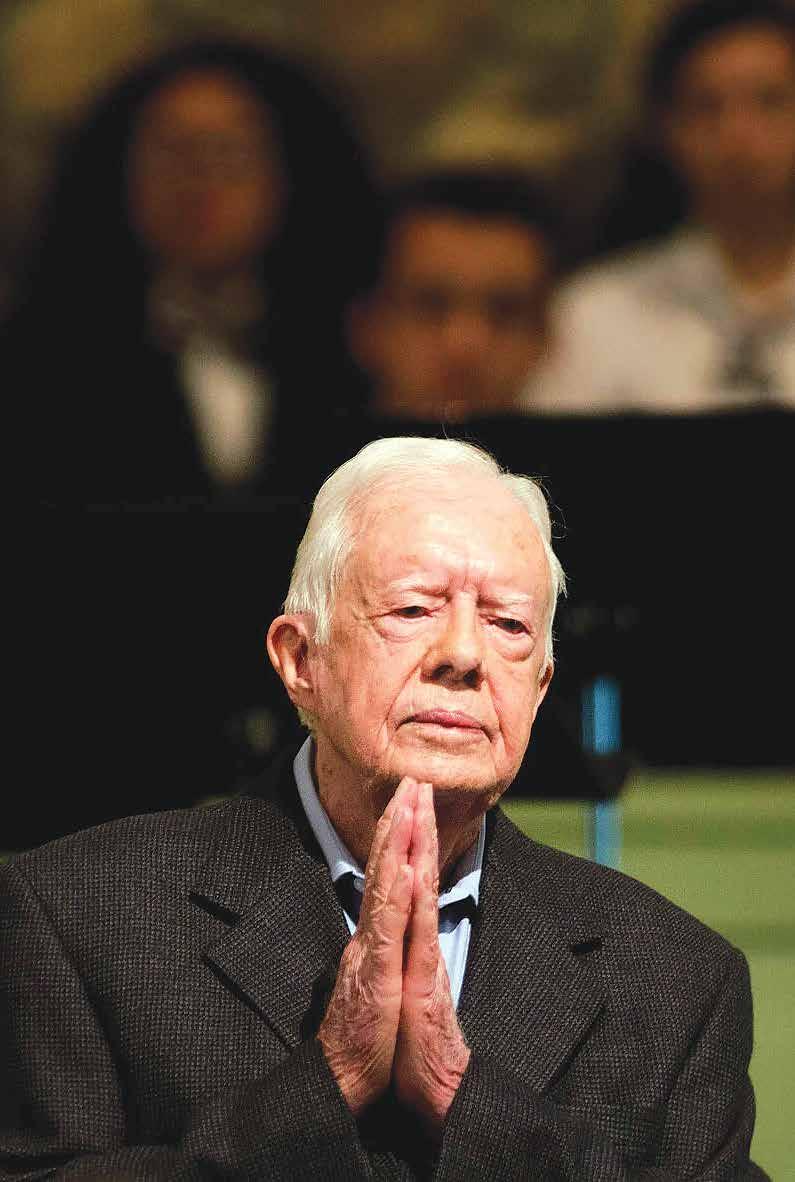
Managing and planning one’s estate sounds like a task reserved for the uberrich. But that is a common, and potentially costly, misconception. Indeed, estate planning is a necessary component of longterm financial planning no matter the size of a person’s investment portfolio.
Estate planning is an umbrella term that encompasses anything from asset allocation after death to end-of-life health care decisions to power of attorney should an individual become incapacitated. Key components of an estate plan typically include wills, trusts, power of attorney, and health care directives. According to a 2021 survey by caring.com, only 33% of Americans have a will in place, and 60% of respondents in the same survey cited “not having enough assets” as reasons for not creating an estate plan.
The following are some steps anyone can take to establish an estate plan.
A will is a legal document that specifies how your assets will be distributed after your death. Although a will can be set
up without an attorney, relying on an attorney to create or update a will can ensure that it is legally sound and reflects your intentions. In the will you can name an executor who will carry out the plans of the will. Without a will, intestacy laws where you live will dictate the distribution of your assets.
Morgan Legal Group says trusts are tools that can protect assets, minimize estate taxes and provide for beneficiaries. Trusts can be revocable or irrevocable. Special needs trusts also can be set up. Trusts can help avoid probate and reduce estate taxes. The National Bureau of Economic Research indicates trusts can reduce estate taxes by up to 40%. Trusts also can shield some of your assets so they cannot be counted as part of your responsibility for paying for skilled nursing home admittance.
If someone becomes incapacitated, that person will need responsible people who
The Gazette celebrates, Weddings, Engagements and Anniversaries; plus Moms, Dads and Grads!
Share your happy occasions across the Pikes Peak region.
Place your announcement by calling 719-636-0101 or email details to announcements@gazette.com


can act on their behalf. A financial or legal power of attorney can help with paying bills, accessing accounts and managing finances and other needs. A health care proxy can be listed on an advanced health care directive, known as a living will. The proxy will communicate your wishes indicated on the directive and see that your wishes are honored.
Knowing what is included in an estate plan can ensure that people make informed choices about their assets, beneficiaries and financial futures. It is always best to work with legal, medical and tax professionals when drawing up estate plans to avoid any issues that can arise when matters are not decided ahead of time. ❦



Take some time each day to remember those who have passed away.
The Gazette accepts obituaries, death notices, celebrations of life, service information and life tributes as paid notices. The deadline is 2 p.m. Monday – Friday for the next day’s publication; 3 p.m. Friday for Sunday and Monday publication.
Notices may be sent by email to obits@gazette.com or submitted at placead.gazette.com/adportal/gaz-obits/index.html or submitted by mail to:
The Gazette Obituaries/Celebrations of Life Desk 30 East Pikes Peak Avenue, Suite 100 Colorado Springs, CO 80903


When you place an obituary notice or celebration of life in The Gazette, you may order a special keepsake to remember your loved one. This beautiful handmade plaque is composed of the obituary and the name of our newspaper, along with a beautiful graphic. Bookmarks are also available. For additional memorial options, please call 719-636-0101




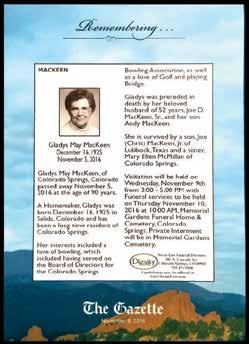
If you need further assistance, please call 719-636-0101. “Thank











Saturday, March 1
9 a.m. – 2 p.m.
Colorado Springs Event Center 3960 Palmer Park Boulevard
Experts will be promoting family, children and senior health, children’s camp activities, education, schools, financial planning, sports, recreation and more at this highly-anticipated one-day event.